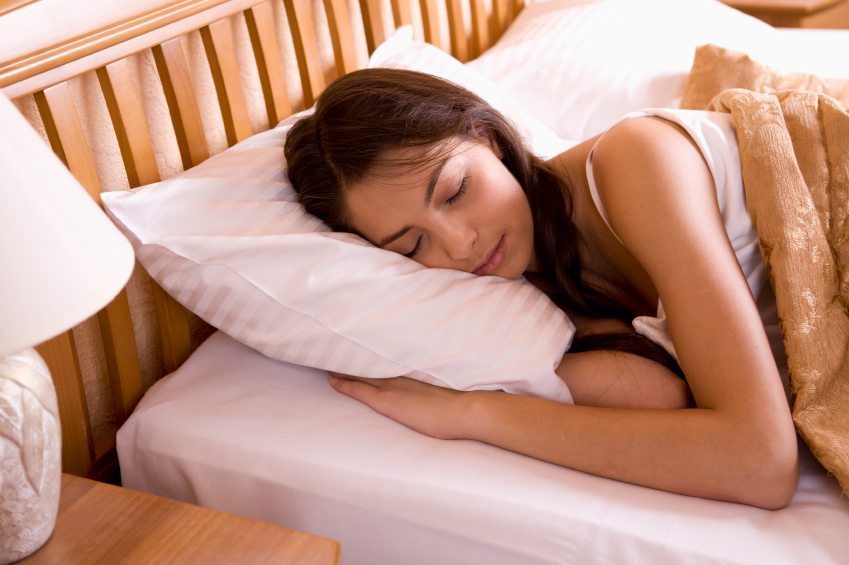
Scientists have been asking the question “why do humans need sleep” for years and, while a definite answer is hard to attain, many theories have been debated and studied. Aging back to primitive times, scientists figure that sleep was always necessary for survival. A sufficient amount of sleep can help us think better, boost our immune system and our mood, and some researchers claim that getting enough sleep each night can aid in weight loss. We know that getting enough sleep is needed to stay healthy, but can it really affect our weight?
Scientists have been studying human’s sleeping patterns for years to try and determine why sleep is necessary for survival. Many theories have been mulled over, but a concise answer as to why we need sleep is still missing. A website that is a resource from the Division of Sleep Medicine at Harvard Medical School, Healthy Sleep, explains that the theory of restoration, which is the idea that “Sleep provides an opportunity for the body to repair and rejuvenate itself,” is based upon the realization that certain body functions occurs only when we are asleep.
Health Sleep points out that, “many of the major restorative functions in the body like muscle growth, tissue repair, protein synthesis, and growth hormone release occur mostly, or in some cases only, during sleep.” If we are deprived of sleep, these releases may become stifled and our health will decline rapidly. Health Sleep states that “The most striking of these [findings] is that animals deprived entirely of sleep lose all immune function and die in just a matter of weeks.” Sleep can be a deciding factor in our survival, but what does a lack of sleep mean for our weight?

On one of Dr. Mehmet, Oz’s websites, Sharecare, Marjorie Nolan Cohn, detrition and spokesperson for the Academy of Nutrition and Dietetics states that “Not getting enough sleep will work against weight loss efforts in several ways.” She explains that besides yearning for sweets, a certain hormone in your body is actually stimulated without sleep. Sharecare explains that “when you don’t get enough sleep, your body produces more ghrelin. Ghrelin is a hunger stimulating hormone that has been shown to be over fifteen percent higher in people who have gotten as little as two hours less sleep.” People who are sleep deprived or just a little tired are more likely to consume more food than those who get a sufficient amount of sleep and it is partially thanks to the overload of ghrelin. Kirsi Paalanen, a health coach, points out that “Studies have shown that you can eat up to 500 extra calories a day when you don’t get enough sleep.” Additionally, she explains that, “without adequate sleep you don’t burn as many calories the next day,” which can result in weight gain, Sharecare concludes.
Verdict: Fact. Weight gain can be increased due to a lack of sleep. Paalanen points out on Sharecare that “the average adult requires between seven and nine hours of sleep a night,” and any less than that may result in negative consequences. If you have trouble sleeping, talk with your doctor to help find natural remedies that may help put you get to sleep.
For more Head & Heart features, check out our articles here.
How many hours of sleep do you get a night?